“Horses are therapeutic for children, and we’ve known that for a long time.”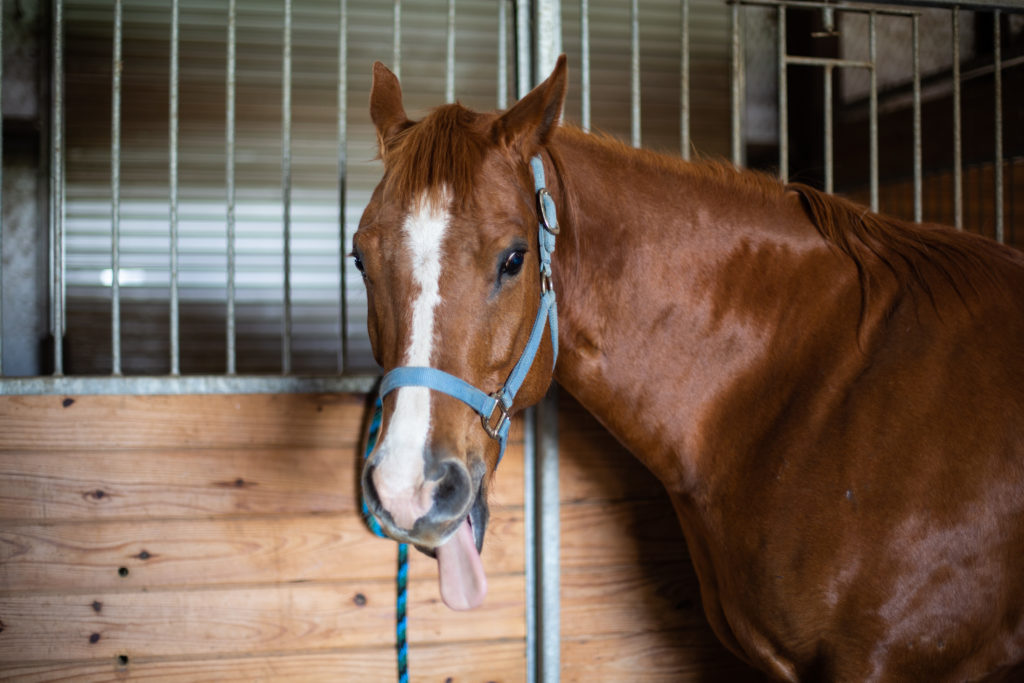
That’s the summary from Lora Jones at Hendrick Home for Children. Hendrick Home for Children has had horses on its property since it opened in 1939.
More specifically, horses have a distinct role beyond recreation as part of therapy programs in and around Abilene and the Big Country. These hoofed mammals are used in physical therapy, speech and occupational therapy, and mental health treatment in a variety of settings and with a wide range of patients and participants.
Camp Able
Therapeutic riding is the focus of Camp Able in Buffalo Gap, thanks to the passion and experience of founder Renee Hicks, a retired school teacher and coach. Hicks loves horses and has been riding them her entire life.
“Once I called her a horse whisperer,” said Lota Zoth, who is the volunteer executive director of Camp Able and related to Hicks by marriage. “She corrected me and said, ‘No, I’m a horse listener. They will tell you everything you need to know, you just have to listen.’”
In the early 1970s, Hicks was a women’s basketball coach at both Hardin-Simmons and McMurry universities. She later moved to high school coaching and spent the last 20 years of her career doing adaptive physical education at AISD, working with children with special needs.
“Renee’s philosophy was, ‘If it’s a game children can play, it’s a game all children can play.’” Zoth said. “‘They don’t have to sit on the sideline or get picked last.’”
Hicks loved her work with children with special needs and saw the many ways they could learn and be productive. She also observed that when they aged out of public schools, they didn’t always maintain that activity level, Zoth said. So Hicks was motivated to find a way to connect parents and care-givers with an understanding of what their special needs kids can do.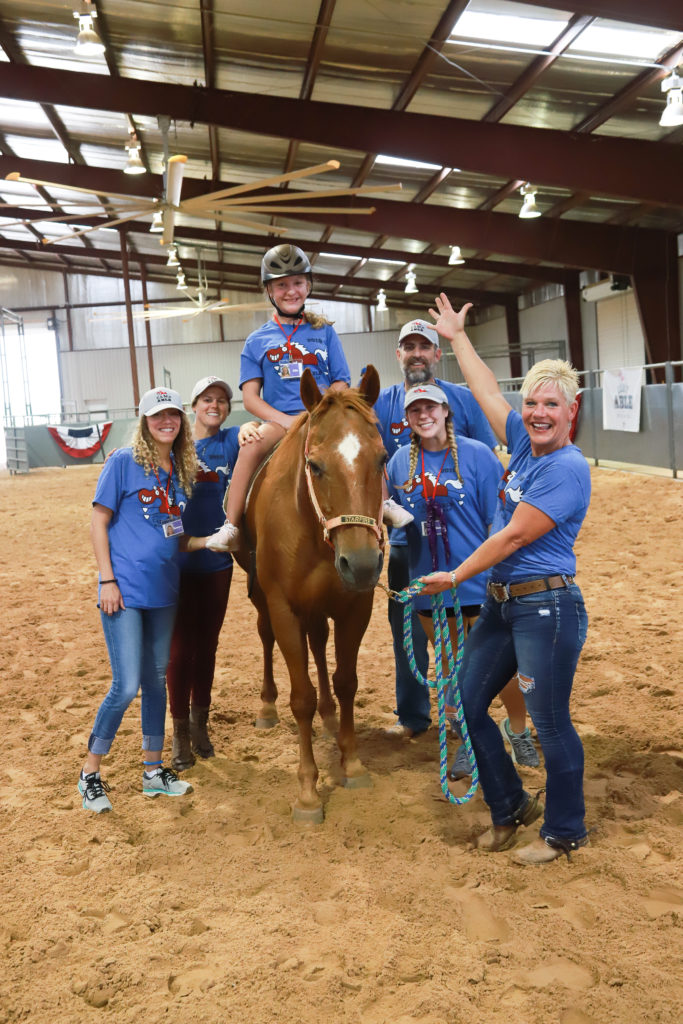
“Camp Able is the notion of what they are able to do,”Zoth said.
Hicks drew on her equine background and love for horses and became certified as a therapeutic riding instructor from the Professional Association of Therapeutic Horsemanship International.
After a brief period of operating as a business, Hicks realized many of those who most needed its services could not afford to pay for them, and Camp Able was formed as a non-profit organization in 2014.
Today, Camp Able includes 57 horses, partnerships with several local school districts, five summer camp sessions, four instructors who are certified by PATH International, a board of directors and several volunteer positions – including Zoth and her husband who handles maintenance on the grounds. The organization reached about 600 participants in 2019, not only special needs children but their siblings and parents and veterans who experience PTSD and other challenges.
Board chair Lori Weiman said the philosophy of Camp Able is that independence is achievable for all people.
“Whether on the horse or just interacting with and caring for the horse, they are using a lot of executive functioning skills, and a broad swath of children and adults benefit from those activities,” Weiman said. “The goal is confidence. If you’re able to control a 2,000-pound horse, that helps build confidence. In the process of working with other people, many participants have social anxiety and difficulty communicating. But working on those skills with horses is a safe, fun environment. It’s increasing their intellectual, emotional and social confidence, and that’s adaptable to other parts of their lives, which is the ultimate goal.”
Therapists and volunteers at Camp Able can tell you specific stories of how they’ve seen those connections and confidence take place, often in dramatic ways. Zoth tells of a six-year-old boy named Aidan who participated at Camp Able several years ago. Aidan is autistic and was nonverbal, but in his first riding session, he began chanting a Cherokee lullaby his birth mother had sung to him as a baby. In his second session, he counted out loud up to 115. By the third week, he made eye contact and spoke a complete sentence to an instructor. His is one of several similar stories of children, particularly those with autism, who have found their communication is positively affected by the experience of riding on a horse.
“The theory is there’s something about the neurologic pathways that don’t develop normally for autistic kids, but the gait of the horse has been described as similar to the gait of a human learning to walk, and going through the riding process may allow pathways that weren’t previously developed to start to open,” Weiman said.
Research into this therapy is in early stages. A study conducted by researchers at the University of Colorado Anschutz Medical Campus has shown that therapeutic horseback riding reduced irritability and hyperactivity and improved social communication skills of youth with autism spectrum disorder, and a university psychologist has received a grant to further investigate why the program works, according to a press release from the school.
Hendrick Home for Children
Lora Jones came to Hendrick Home for Children in 1985 and soon began shaping their equine program. Although horses have been on campus as long as the home has been open – nearly 80 years – she helped provide more structure and purpose, such as a 4H club and showing the horses competitively. About 10 years ago, she took another step and began incorporating mental health into the equine program. Jones, who is the director of recreation and equine programs for Hendrick Home, holds a master’s degree in psychology. Naturally, counseling was already a part of Hendrick Home’s work with children and families, but the integration with horses took it to a new level.
The primary organization focusing on equine-assisted mental health is Eagala, and Jones is trained in that method, which involves both a mental health professional and an equine specialist alongside the patient at all times. In this model, the patient never rides the horse but interacts with it from the ground.
“We use a lot of horse behaviors as metaphors and lots of observation: ‘What do you see?’” Jones said. “Kids project their own feelings on horses.”
She tells of working with a group of middle-school-age boys, and she asked them to observe and choose a horse that they relate to. Who would you be if you were one of these horses? One boy who had been at the home just a short time picked an older horse standing off to the side.
“I asked ‘Why did you pick him?’ and he said ‘Because he was by himself. He didn’t have any friends. No one wanted to be with him.’ You get those things in an arena that you can’t in an office,” she said. “It’s hard to say that about yourself. But you can say that about Trigger, the horse.”
Hendrick Home provides equine therapy to children in both basic care – children who live on the campus without family members – and family care – single parents who live with their children and receive housing and supportive care. All together, 32 children live on campus, and Jones said she tries to give every one a chance to be involved in the Eagala therapy at some time or another, often in group settings. It’s usually a great fit, particularly for the background of many of the kids at Hendrick Home.
“Horses are highly sensitive. They’re in tune to the people they’re with. They have that ability to be with people and draw out what’s best in us. Many of the kids here have been shuffled around through families and foster care, so being able to come here and form a relationship and have bonding and attachment is important to begin the healing process,” Jones said. “Horses are also very empowering, especially for children. If you’ve been in abusive or neglectful relationships, working with a horse offers some power and control in your life.”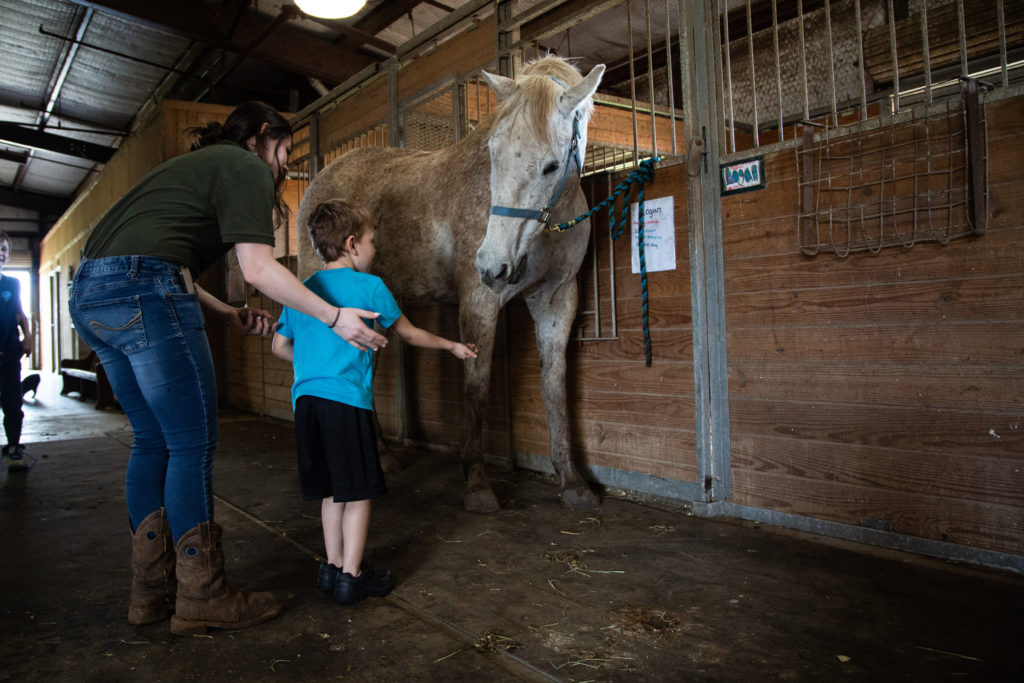
HERO at Hendrick Health System
Horses have been a part of Hendrick Health System’s pediatric rehabilitation for more than 20 years. The Hendrick Equine Rehabilitation Opportunities program initially came about through Children’s Miracle Network and still receives funding from that organization.
Therapists select patients already enrolled in pediatric rehabilitation who might be a good fit for hippotherapy and the HERO program.
“We often have kids with low muscle tone, sensory issues, spina bifida, balance issues, spinal cord injuries,” said Renee Long, director of pediatric rehab. “It can incorporate physical, occupational and speech therapy, and it’s part of a plan of care from their physician.”
What students do in the arena varies by their age, size and personal goals but could include walking or trotting on the horse, moving forward and backward, reaching out to grab rings or other items, or even playing catch with someone on the ground. Some patients may even be on their hands and knees on the back of the horse.
“Moving from forward facing to turn around backward changes the pelvic tilt and changes the dynamics of pelvic system,” Long said. “When they’re playing catch,they have to reach outside their base of support.”
Speech and occupational therapy on a horse might include playing the game Red Light/Green Light or doing an activity requiring fine motor skills and balance while riding.
“Just sitting on a horse brings deep pressure to their sensory system, so that helps calm them,” Long said. “Getting out into a different environment and doing something that normal kids do is also great for attitude. We had a 10- or 11-year-old girl with autism who was nonverbal but she got her on horse, and she was scared, and her first word came out of her mouth: ‘No!’”
HERO takes place in two sessions per year in the horse arena at the Expo Center of Taylor County, although the 2020 spring session had to be canceled due to the COVID-19 virus. For each session, a group of experienced horse women volunteers come from Breckenridge and Abilene. Some are ranchers; some are equestrian instructors. They provide the horses and help recruit and train the other volunteers, many of whom are college students. Each patient has one volunteer leading the horse and two side walkers. About 100 volunteers help with each session.
Abilene Christian University’s Counseling Center
It’s a natural partnership for Abilene Christian University. The Department of Agriculture and Environment works with horses on their field lab farm near campus, so Steve Eller, an Eagala- trained therapist in the Medical and Counseling Center at ACU, reached out to see how those horses could also be involved in counseling practice.
Like Jones at Hendrick Home, Eller discovered that psychological issues often surface more easily in an arena than an office.
“In the office, people just tell you what they think you want to hear,” he said. “Out there, you can witness behavior, see frustration levels, and start getting to the root of things quicker to find resolution to grow and heal. I think we learn better when things are hands-on, tactile. It provides a picture of what’s going on and externalizes problems. Many people project their problems on the horses, and when you have a professional out there who knows those metaphors and interactions, you get to the root of issues quicker.”
For some patients, being around horses relaxes them and reduces inhibitions. They let down their guard and enjoy being with the horses and outdoors. But Eller says even when people don’t like horses or are apprehensive, that can be a learning experience as well.
“If there is anxiety approaching the horse, it becomes a metaphor of approaching new things.‘What do you need in order to know that you’re safe? Who do you need to have around you?’ We can talk about communication styles. It’s experiential therapy. We use everything out there as a tool for awareness,” Eller said.
Eller began an equine-assisted therapy program at ACU more than a decade ago. He left ACU and spent several years in private practice, then at Dyess Air Force Base and at Hardin-Simmons University. Throughout that time, he was involved in equine- assisted therapy on a contract basis through Hendrick Home for Children, Acadia, and with the Lone Survivor Foundation. He returned to ACU last year and re- ignited the program there.
In addition to individual sessions for counseling clients, Eller hopes to incorporate equines into team building retreats, classes and workshops for students, faculty and staff.
“It’s good to get off campus, away from the busyness, and go outdoors; it lets you really focus on what you need to work on. Even just the act of physically driving away from work,” he said.
Horses, compared to other animals, are a good fit for counseling for several reasons, Eller says.
In a situation of being startled or threatened, a horse’s first instinct is to flee to a safe place rather than attack. Whereas a dog, for example, when startled or threatened, may be aggressive. Horses are also herd animals. There is a hierarchy in the arena, complete with family dynamics, power, and status
“There are a lot of similarities to human dynamics,” Eller said. “Their startle response mimics ours. They learn the sounds that aren’t threatening and don’t run every time anymore. The way their ears and eyes are set, with 180 degree awareness, they can pay attention to multiple things, but they do have a blind spot. Of course, also, most people just like horses and admire them.”
EQUINE-ASSISTED THERAPY – Equine-assisted therapy is treatment that incorporates equine activities and/or the equine environment. Rehabilitative goals are related to the patient’s needs and the medical professional’s standards of practice. pathintl.org
THERAPEUTIC RIDING – an equine-assisted activity for the purpose of contributing positively to the cognitive, physical, emotional and social well-being of individuals with special needs. pathintl.org
HIPPOTHERAPY – occupational therapy, physical therapy and speech-language pathology professionals using evidence-based practice and clinical reasoning in the purposeful manipulation of equine movement as a therapy tool to engage sensory, neuromotor and cognitive systems to promote functional outcomes. americanhippotherapyassociation.org
EQUINE-FACILITATED PSYCHOTHERAPY – an interactive process in which a licensed mental health professional working with or as an appropriately credentialed equine professional, partners with suitable equine(s) to address psychotherapy goals set forth by the mental health professional and the client. pathintl.org
EAGALAMODEL– a team approach that includes a licensed, credentialed mental health professional, a qualified equine specialist, and horses working together with the client in an arena at all times. When inside the arena, all the work is done on the ground with the horses front and center, deliberately unhindered and never ridden, and allowed to interact with the client as they wish. eagala.org
















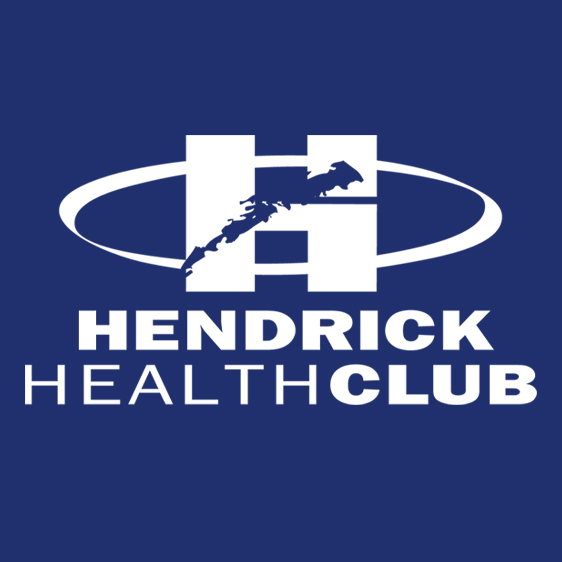
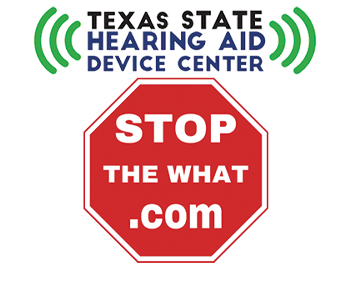
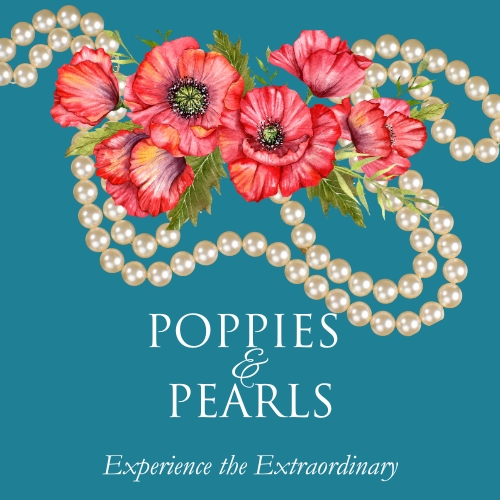
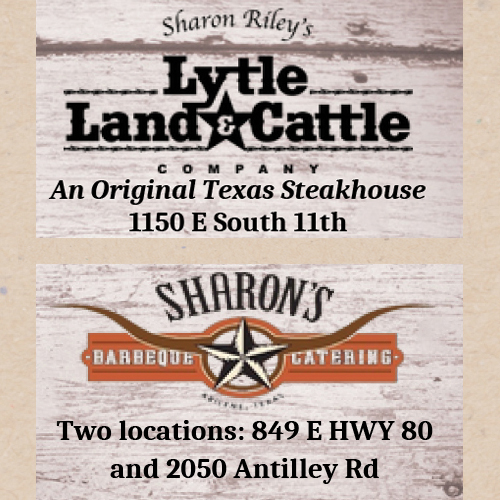
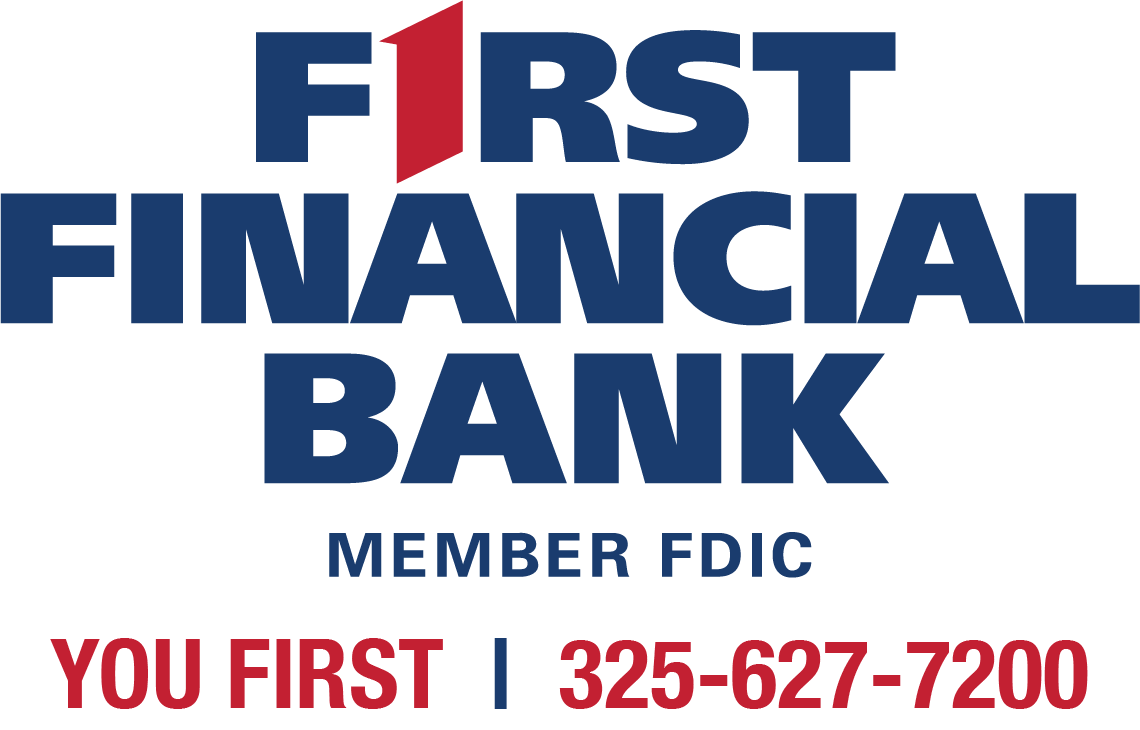

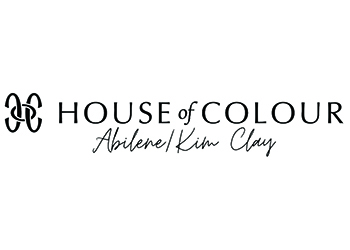
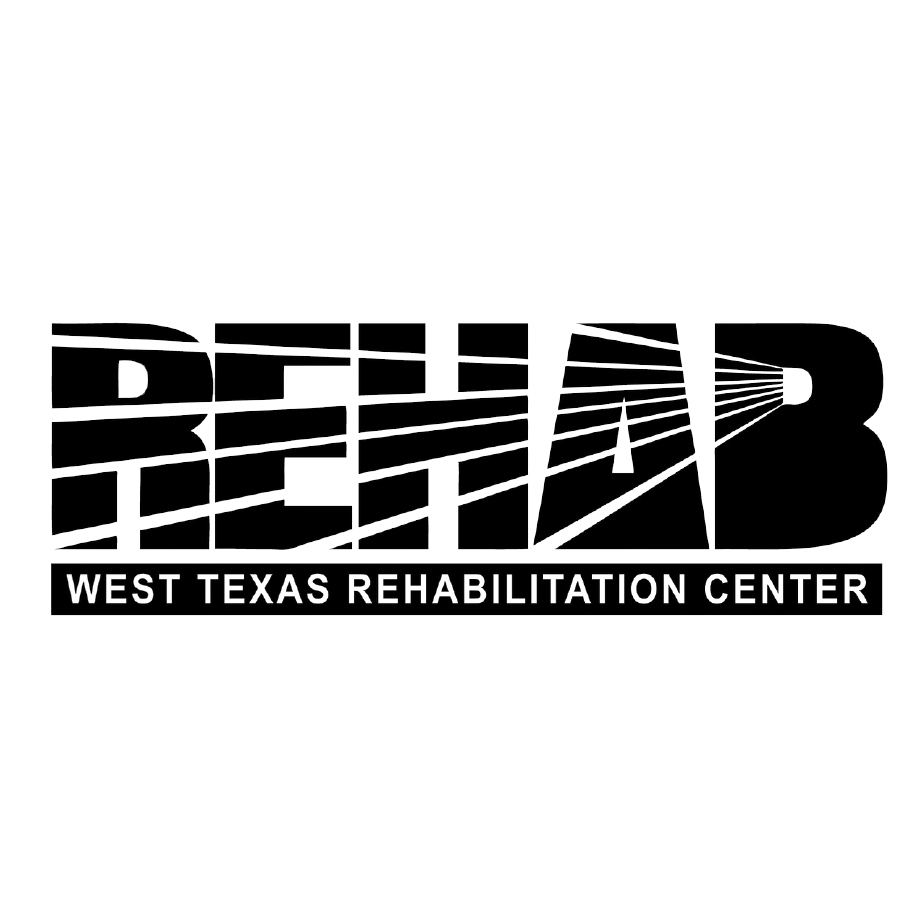
Leave a Reply